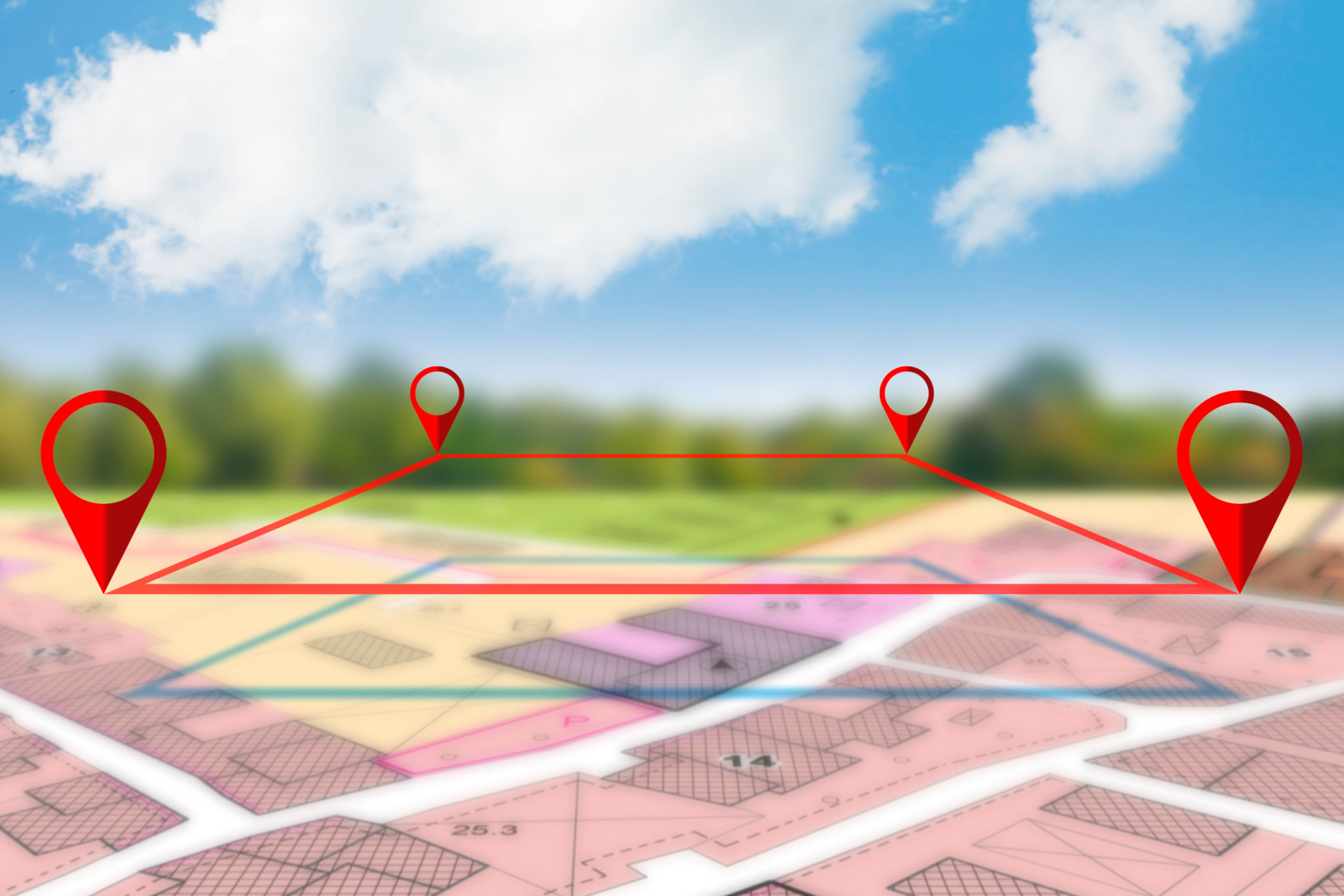Navigating Local Laws: What Residents of Cook County Need to Know
Understanding Cook County's Local Laws
Living in Cook County, Illinois, means adhering to a variety of local laws and regulations that can affect everything from property management to daily living. Understanding these laws is essential for residents to ensure compliance and avoid potential legal issues. In this blog post, we will break down some of the key laws that Cook County residents should be aware of.

Property Taxes and Assessments
One of the most notable aspects of living in Cook County is the property tax system. The county assesses property taxes based on the estimated market value of your property. It's important to note that these assessments occur every three years, and residents have the right to appeal if they believe their assessment is inaccurate. Staying informed about the assessment schedule and processes can help homeowners plan their finances accordingly.
Additionally, understanding the exemptions you may qualify for can significantly lower your property tax burden. Some common exemptions include the Homeowner Exemption, Senior Citizen Exemption, and the Senior Freeze Exemption. Be sure to check if you're eligible and apply before the deadlines.
Zoning Laws and Land Use
Cook County has specific zoning laws that regulate how land can be used in different areas. These zoning regulations are designed to control development, maintain property values, and ensure community safety. Whether you're planning a renovation or starting a business, it's crucial to understand the zoning laws applicable to your property.

For instance, residential areas have different zoning requirements compared to commercial zones. Violating these laws can result in fines or, in some cases, legal action. Always check with the Cook County Zoning Board before making significant changes to your property.
Tenant and Landlord Rights
The tenant-landlord relationship in Cook County is governed by specific laws designed to protect both parties' rights. As a tenant, you have the right to a habitable living environment, timely repairs, and privacy. Conversely, landlords have the right to receive rent on time and ensure their property is used lawfully.
- Tenants should familiarize themselves with eviction procedures and their rights during such processes.
- Landlords need to comply with fair housing laws and anti-discrimination policies.

Recycling and Waste Management
Cook County takes environmental protection seriously, with strict guidelines on recycling and waste disposal. Residents must separate recyclables from regular waste and adhere to the scheduled pickup days set by local municipalities. Failing to comply with these guidelines can result in fines.
The county also offers special programs for disposing of hazardous waste, electronics, and yard waste. Participating in these programs helps keep the community clean and supports environmental sustainability efforts.
Transportation and Parking Regulations
Another aspect of living in Cook County involves understanding transportation laws, especially parking regulations. Many areas have restricted parking zones, requiring permits for residents or visitors. Make sure to check for signage indicating parking rules to avoid costly tickets.
For those using public transportation, Cook County offers a robust network of buses and trains managed by the Regional Transportation Authority (RTA). Familiarizing yourself with routes and schedules can make commuting easier and more efficient.
Staying Informed
Navigating local laws in Cook County requires staying informed about changes and updates. Residents can subscribe to newsletters from local government websites or attend community meetings to stay engaged. By understanding these laws, residents can ensure they are compliant while enjoying all that Cook County has to offer.